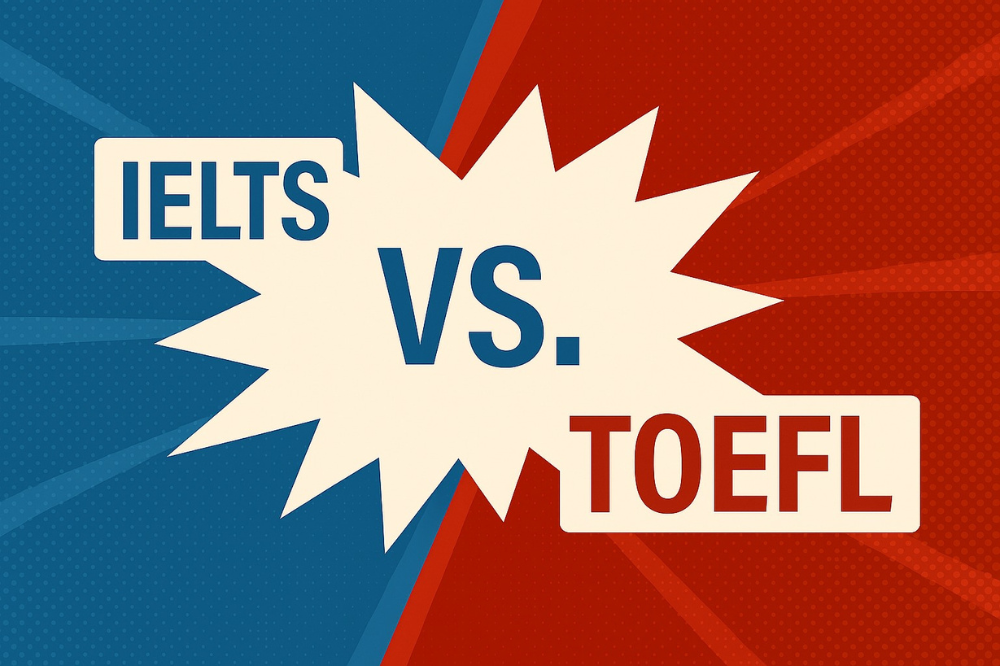The Scholastic Assessment Test is the full form of SAT, which is a standardised examination for undergraduate programs, especially in the USA. Over the years, it has developed as a composite tool for academic readiness and as a gateway for various opportunities, such as scholarships emphasising a student’s academic achievement and increased chances of attending a dream school.
Understanding the SAT exam
The SAT is a standardised test conducted by the College Board and uses multiple-choice questions. This test is basically for students who intend to study undergraduate courses in countries like the United States, Canada, the UK, and so on. The areas this exam includes are as follows:
1. Evidence-Based Reading and Writing: A few passages have been given to understand the student’s critical reading and comprehension of grammar.
2. Mathematics: Another major part of the test entails mathematics, which includes algebra, problem-solving abilities, data analysis, and advanced mathematics.
What Is Its Importance?
There are many significant benefits of SAT exams that set a student apart from others and put them in the spotlight for potential admission. Here are some of the reasons:
1. Standardized Measure of Academic Readiness
The SAT provides colleges with a way to objectively compare students from different schools and regions. It sets an equal playing field by allowing an objective measure of the various candidates on the basis of their academic potential.
2. Gateway to Prestigious Universities
The SAT is a mandatory requirement for students who choose to study in the USA. A good SAT score will increase the chances to secure admission into selective, highly regarded universities significantly.
3. Scholarships and Financial Aid
A student with a high SAT score can attain study abroad scholarships. Numerous costs, such as tuition, living expenses, transportation costs, and more, can be covered with the help of such scholarships. According to a poll, 10% of students who take the SAT test are eligible for around $20,000 annually. Among the well-known scholarships are the Pacific Gas and Electric Company Asian ERG Scholarship (SAT Score 1500, Benefit $2,000) and the Deana’s Wish Memorial Scholarship (SAT Score 1100, Benefit $2,000).
4. Compensation for Low GPAs
Another benefit of the SAT exam is the reduced GPA gap. Students with lower GPAs can use strong SAT scores to demonstrate their academic capabilities.This assists some universities to even allow applicants to offset GPA deficiencies with impressive SAT results. For example, for admission to Harvard University, students with a low GPA (below 4.8 in high school) are considered. That is if they have high SAT scores.
5. Career Opportunities
A good SAT score not only facilitates admission to top universities but also sets the foundation for better career prospects. It demonstrates critical thinking and problem-solving skills that are highly valued in professional settings
FAQs
Why is the SAT important for college admissions?
The SAT is a standardised test that provides colleges with a reliable measure of a student’s academic abilities. It helps universities compare applicants from diverse educational backgrounds on an equal footing. A strong SAT score can boost your chances of admission to prestigious institutions, qualify you for scholarships, and even compensate for a lower GPA, making it a vital component of the college application process.
Can a high SAT score help secure scholarships?
Yes, a high SAT score can unlock numerous scholarship opportunities. Many universities and organisations use SAT scores as a criteria for awarding merit-based scholarships. For example, scholarships like the Pacific Gas and Electric Company Asian ERG Scholarship and Deana’s Wish Memorial Scholarship offer financial aid to students with strong SAT scores, helping cover tuition and other expenses.
How does the SAT benefit students with low GPAs?
The SAT can act as a compensatory tool for students with lower GPAs. A high SAT score demonstrates academic potential and readiness for college-level work, which some universities consider when evaluating applications. For instance, institutions like Harvard University may admit students with lower GPAs if they have exceptional SAT scores, bridging the gap in their academic profile14.






